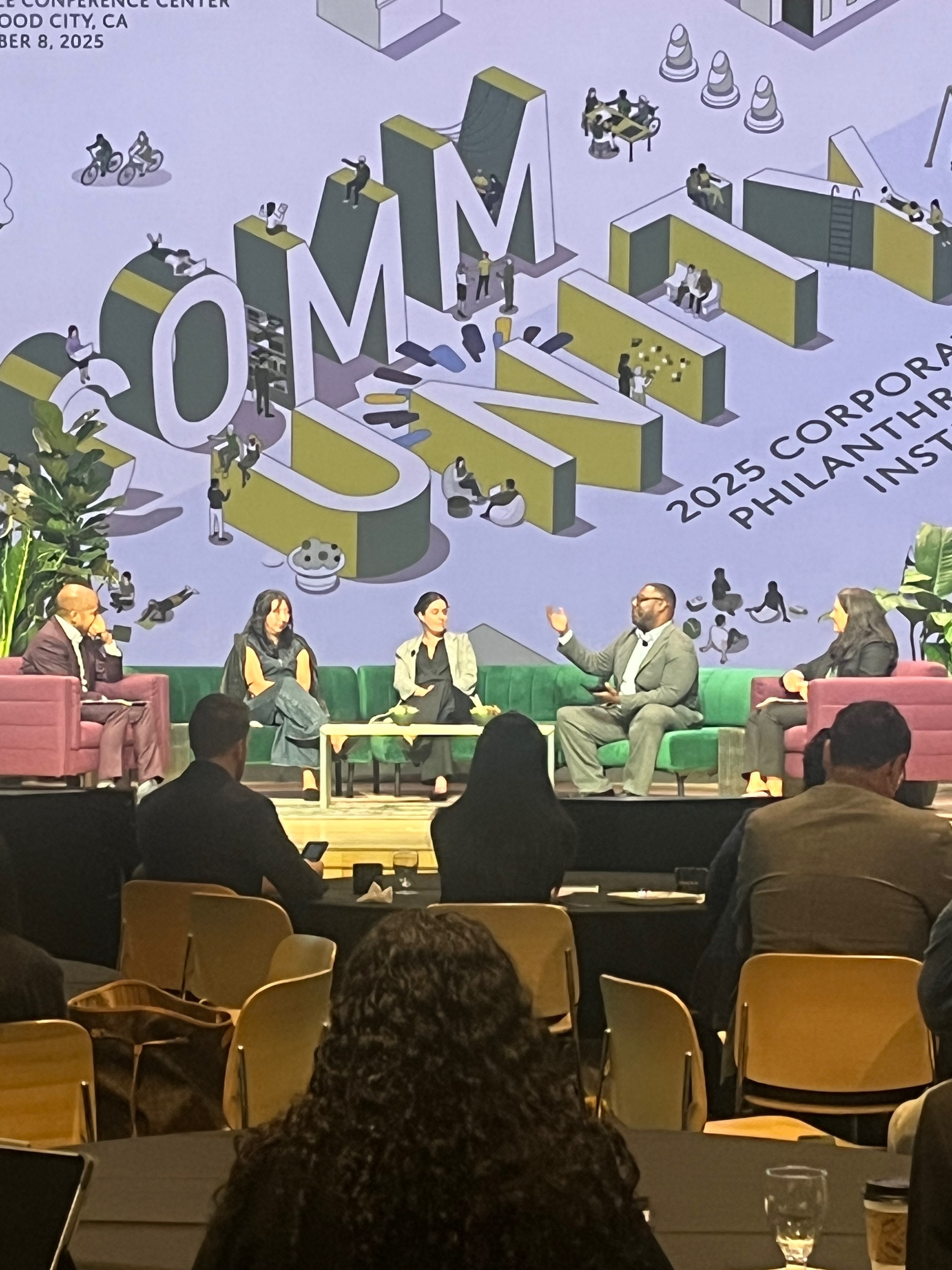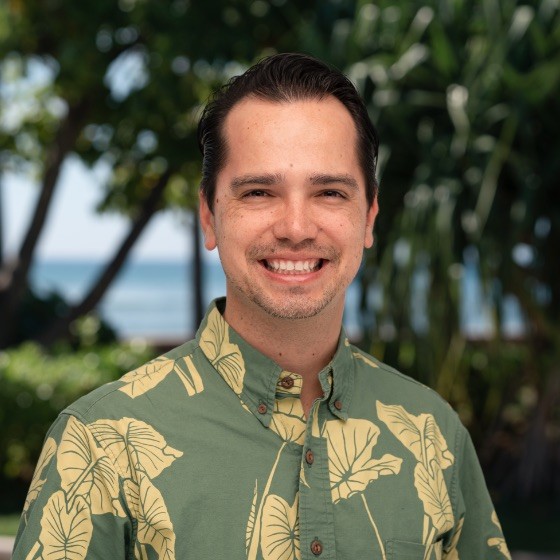News & Insights

Announcements
Today, we’re sharing some good news.
We are thrilled to share some good news. Chaloner is launching our reimagined approach to search, empowering us to deliver even more effectively on our clients' missions. While you may know us primarily for our successful work in communications across sectors, Chaloner is excited to announce we are expanding our search and consulting capabilities beyond communications to serve the broader talent needs of our clients.

Client Advice
Thought Leadership
Hire for Impact: The Shifting Landscape of Mission-Driven Hiring

Thought Leadership
Funding and Building Teams for Narrative Change

Thought Leadership
Hiring for the Mission-Driven space?

Placements
Ellie Potter, Deputy Director, Policy and Advocacy Communications at Clean Energy Buyers Association
Latest blog posts
Thank you! Your submission has been received!
Oops! Something went wrong while submitting the form.

Hire for Impact: The Shifting Landscape of Mission-Driven Hiring
Today, skill-specific expertise is often exactly what's needed.

Funding and Building Teams for Narrative Change
Learnings from the Corporate Philanthropy Institute and ComNet 2025

Today, we’re sharing some good news.
We are thrilled to share some good news. Chaloner is launching our reimagined approach to search, empowering us to deliver even more effectively on our clients' missions. While you may know us primarily for our successful work in communications across sectors, Chaloner is excited to announce we are expanding our search and consulting capabilities beyond communications to serve the broader talent needs of our clients.

Hiring for the Mission-Driven space?

Ellie Potter, Deputy Director, Policy and Advocacy Communications at Clean Energy Buyers Association
Ellie Potter, Deputy Director, Policy and Advocacy Communications at Clean Energy Buyers Association

Kawika Riley at Nia Tero
Kawika Riley at Nia Tero







